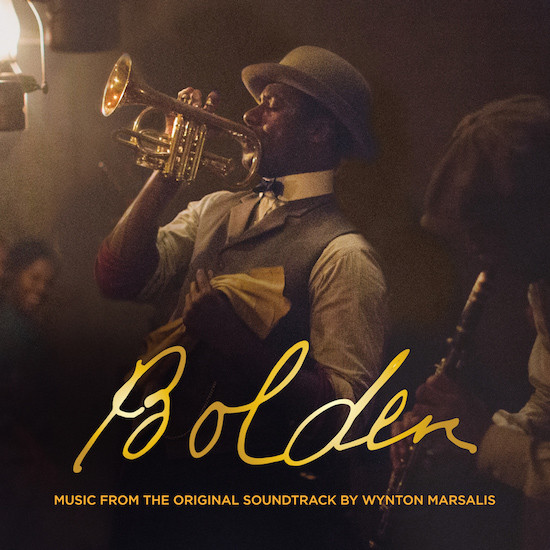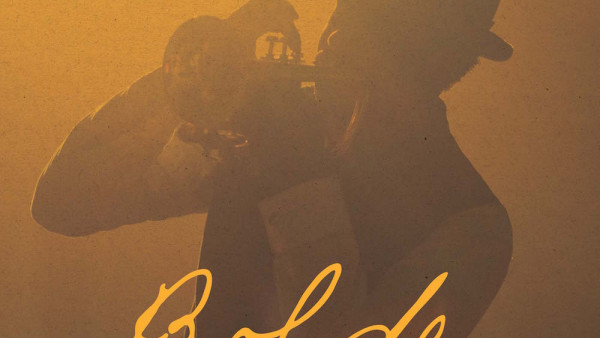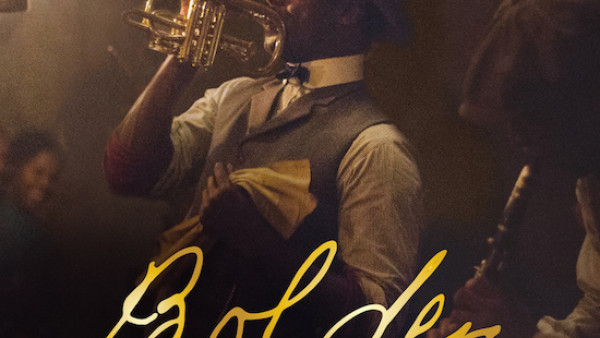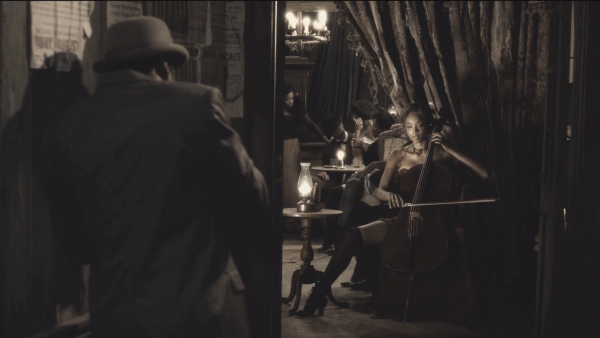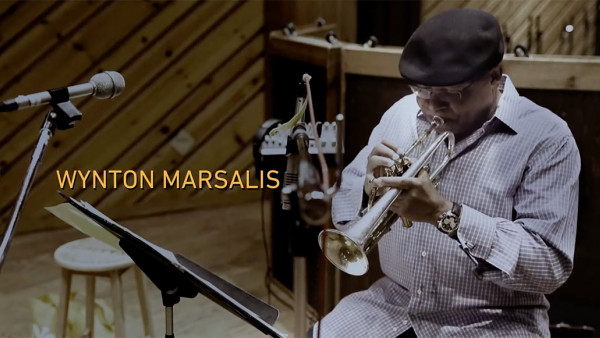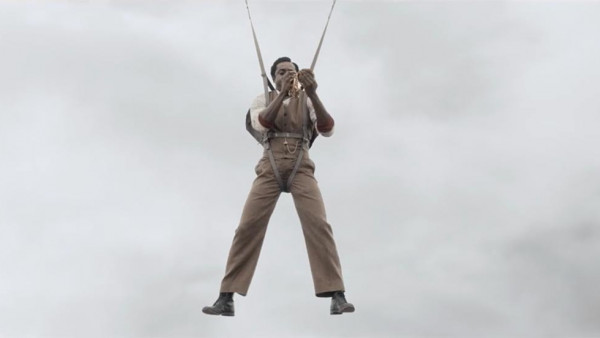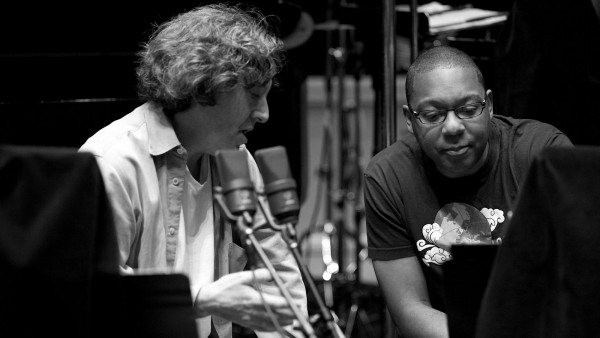Wynton Marsalis on Creating Score for ‘Bolden’ Biopic Without Jazz Pioneer’s Music
Jazzman Wynton Marsalis faced one of the most unusual challenges of his career when he agreed to score “Bolden,” the drama based on the life of early jazz pioneer Buddy Bolden: No recordings survive, so Marsalis had to create Bolden’s music from scratch.
That’s precisely what intrigued him, Marsalis tells Variety: “Just being from New Orleans, being a trumpet player,” was a start. But, he adds, “you can’t make yourself channel what he was channeling when he was playing. You just have to be as honest in your style about that feeling as you can be.”
The film, directed by Dan Pritzker and being released by Abramorama May 3, depicts Bolden (Gary Carr) as part genius, part tragic figure, someone whose brash and innovative style — combining blues, ragtime and gospel — was popular in New Orleans during the period of 1900-1907. The film frames Bolden’s story with a Louis Armstrong radio broadcast that Bolden manages to hear while in the insane asylum where he died in 1931.
Pritzker recruited Marsalis in 2005, and most of the music was recorded before shooting began in 2007. “The last notes Bolden played were over 100 years ago,” says the director, “and since that time we’ve heard Armstrong, Dizzy Gillespie, Miles Davis and Jimi Hendrix. Our ears are tuned much differently than they were in 1905. So the line Wynton had to dance along was to make something that resonated with the era but was appealing to modern ears.”
Marsalis says it was the director’s vision that determined how the music was constructed. “We’d sit at the piano together,” explains the nine-time Grammy winner. “I would ask Dan what he had in mind, he’d tell me and then I’d play it for him. That’s how the soundtrack evolved.”
Eighteen songs were written for Bolden’s group, says Marsalis, who chose his instrumentation carefully: “a seven-piece band that was configured like Bolden’s,” with the cornet playing lead melody and improvising; a trombone playing a countermelody; two clarinets; and a rhythm section consisting of guitar or banjo, bass and drums.
Ten more songs were recorded for the Armstrong band sequences, largely drawn from the early 1930s numbers made famous by the New Orleans trumpet king. Those feature a 10-piece orchestra “using the vocabulary and devices of that time,” Marsalis says: riffs, breaks, call and response, solos, shout choruses and a four-beat pulse that would come to be called “swing.”
The composer is soloist for both bands, playing Bolden’s cornet and Armstrong’s trumpet. “Bolden’s virtuosity was there in the way that he played,” Marsalis notes. “Someone in the book ‘In Search of Buddy Bolden’ said that every time Bolden played, his heart broke. It’s not easy to imitate that way of playing. I just tried to be as real as I could be about playing the music and playing it as intensely as he did.”
Adds director Pritzker: “If you listen to that last song Wynton wrote, ‘Timelessness,’ they duet together. You can hear the difference between the rough-sounding Bolden cornet and the beautiful big brass sound of Armstrong.”
by Jon Burlingame
Source: Variety

